As India celebrates its 77th year of Independence, we reach out to restaurants that were established in the city before 1947, and invite them to share life lessons that were passed down by the founders of these eateries
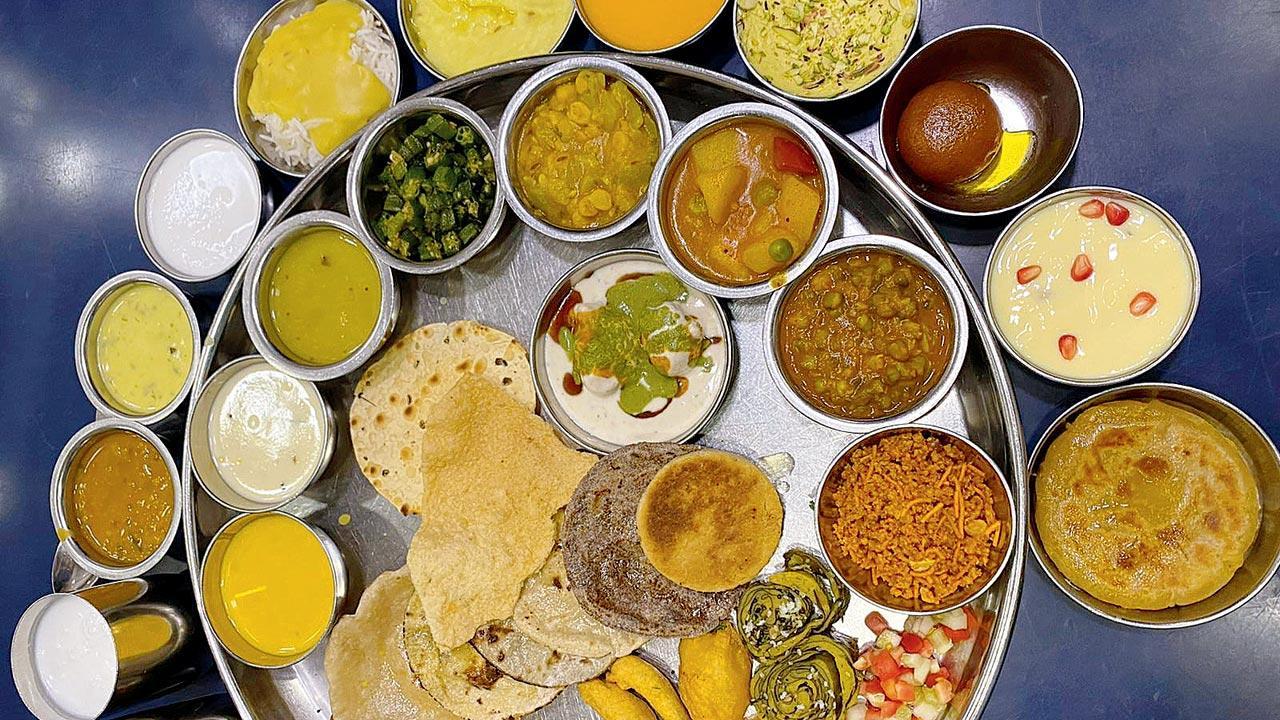
Gujarati thali
Staying true to tradition
ADVERTISEMENT
Nearly 77 years ago, my father, Maganbhai Purohit, left Sindarli in Rajasthan, with a few pennies in his pocket and a dream in his heart.
Clad in a white dhoti, he set up a modest thali joint. Little did he know that in the coming decades, it would bloom into one of the most popular thali destinations
in Mumbai.
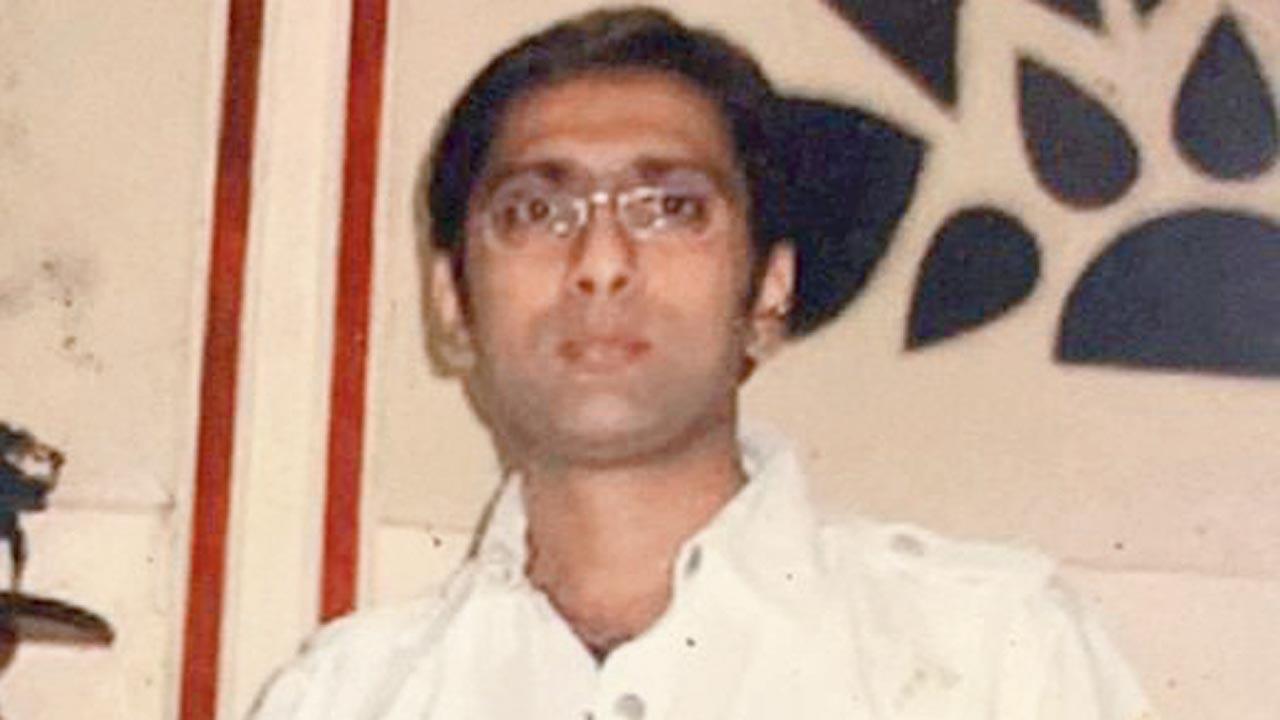
Our food reflects our roots. I feel the values my father left behind for me were actually skills — culinary skills. Our rotis have the same velvety texture; the shrikhand has retained its aroma over the years; the puranpolis still melt in the mouth, and every culinary delight is prepared with the greatest precision. What we serve is the simple blend of spices, ingredients, and recipes from our Gujarati and Rajasthani treasure trove! Over the years, we have maintained the heritage of authentic Gujarati and Marwari food, and of serving customers with love and respect.
Gautam Purohit, owner, Shree Thaker Bhojanalay
Older than time
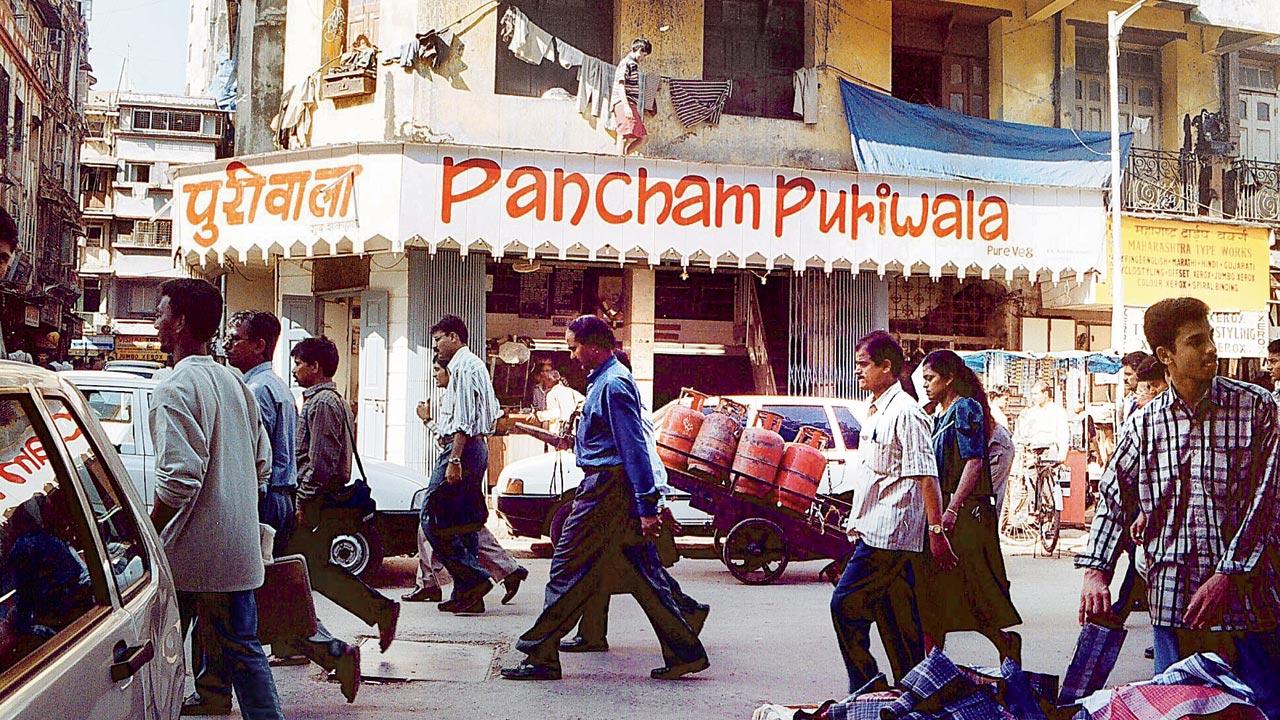 File pics
File pics
Our culinary journey started in 1848, much before India became independent. My forefather, Shri Panchamdas Sharma, started a humble eatery, a small shop with wooden benches kept outside for our customers. During the British Raj, customers would come over to see the hanging of criminals in the Gilbert’s Pond that was located opposite our restaurant.
You may have heard of generations of owners of businesses, but I can proudly boast of generations of customers as well. Recently, I had the pleasure of serving a British woman who came to dine at our restaurant with her kids to show them the eatery where their grandfather relished puri bhaji. She was a school-going kid back then and her father was stationed at Ballard Pier as a British Army officer.
We have always believed in providing the best taste at best rates. And we have withstood the test of times, be it our struggle for freedom or the pandemics. Over time, I have learnt that one should always strive for sustained growth with perseverance and a balanced outlook. This will help overcome all the hardships that are imposed by time.
Anupam Sharman, owner, Pancham Puriwala
Same old, same old
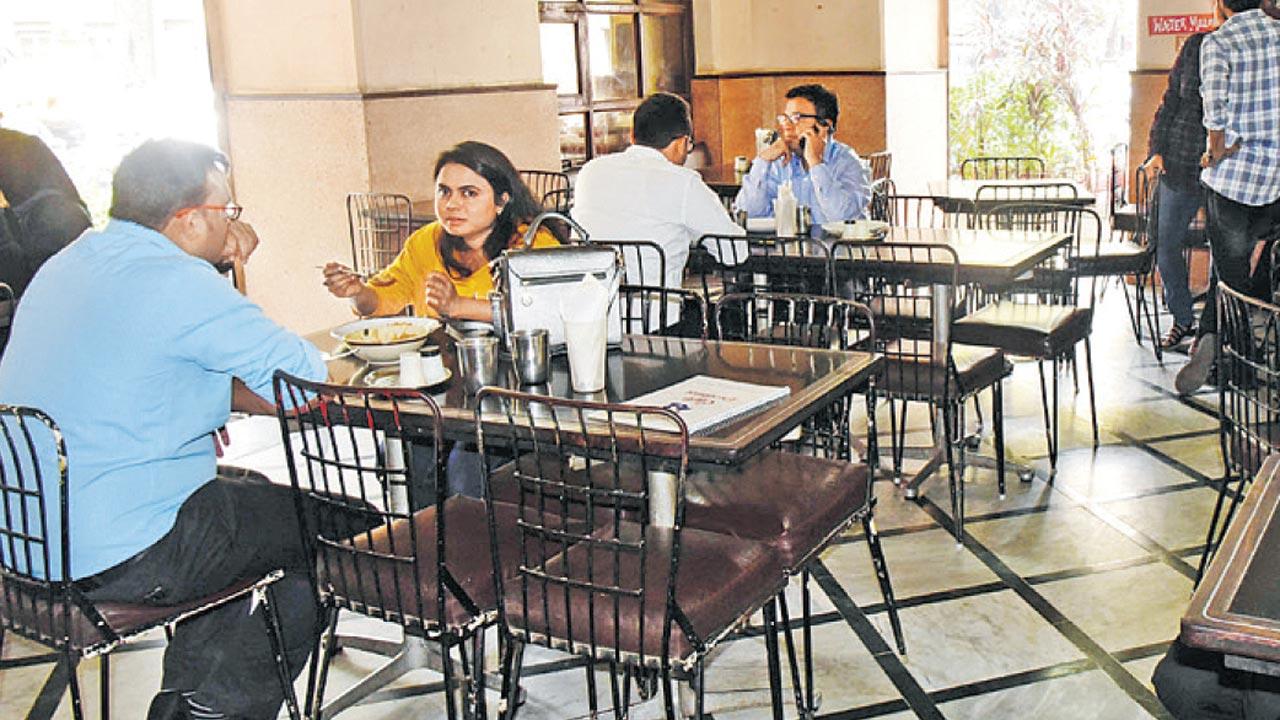 Interiors of Cafe Excelsior
Interiors of Cafe Excelsior
Ardeshir Mazkoori is the fourth generation owner of the restaurant. Through these years, I have witnessed that our relationship with the customers has remained unchanged over time. The prices have gone up, and grandparents, who used to come here as children, bring their grand kids here today. They share how, when they used to come here, a particular food item would be available for as cheap as R10. And honestly, it seems like nothing, apart from the slight hike in prices, has changed. We still have customers who take the chicken roll mayo to Delhi by flight and enjoy it there. The bread pudding is best known for not having changed in shape, size and taste even after so many years. Consistency is one value that the restaurant follows to the core.
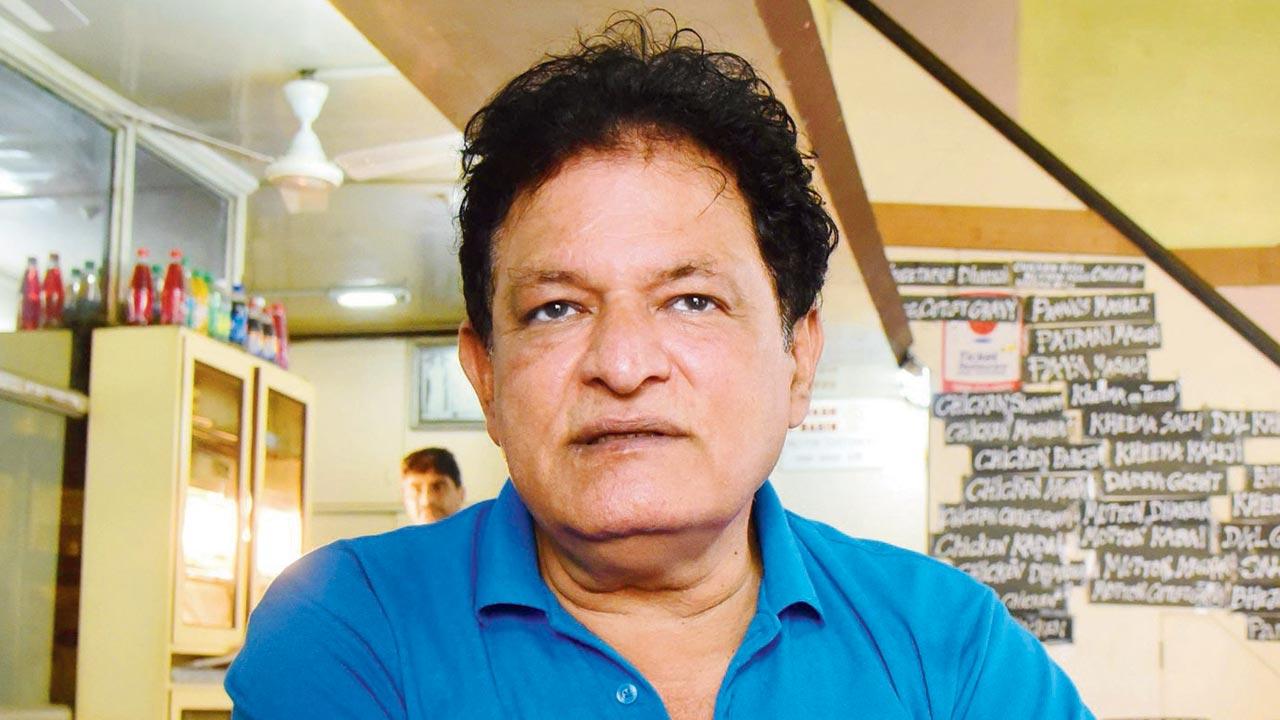 Ardeshir Mazkoori, owner
Ardeshir Mazkoori, owner
Mr Irani, manager, Cafe Excelsior
Deal with fairness
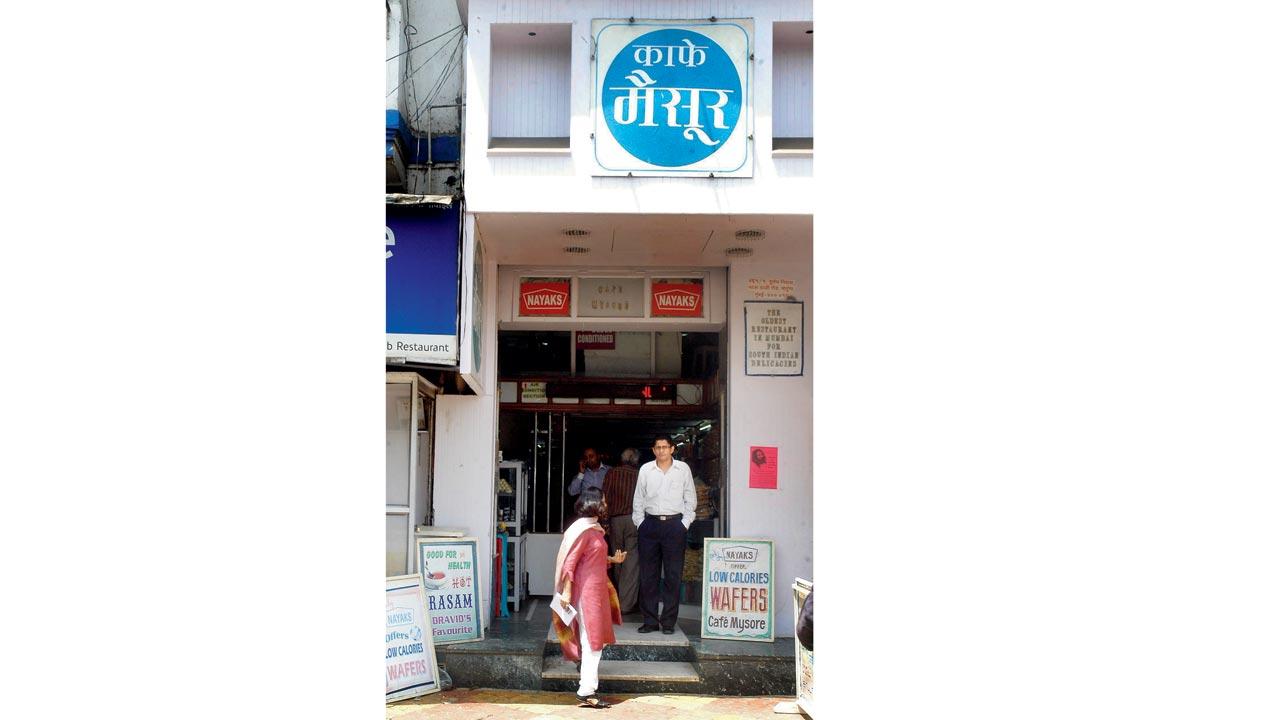
Café Mysore has existed since 1936. Today, the third generation of the Nayak family is running the restaurant, and my mother, Shanteri Nayak is the current owner. We have survived several events of history and continue to flourish today. This demonstrates our remarkable ability to adapt and survive with
the times.
My father, Nagesh Nayak, who passed away in 2009, wanted to create a vegetable-packed dosa for kids, called dilkhush dosa. It is our most famous dosa on the menu today. The Nayak family is known for keeping recipes consistent in line with traditions, giving fair value to customers for what they are charged and offering quick service, which result in customer delight. This has sustained the institution through both good and bad times. Our core value remains in fair
dealing with customers, staff and vendors.
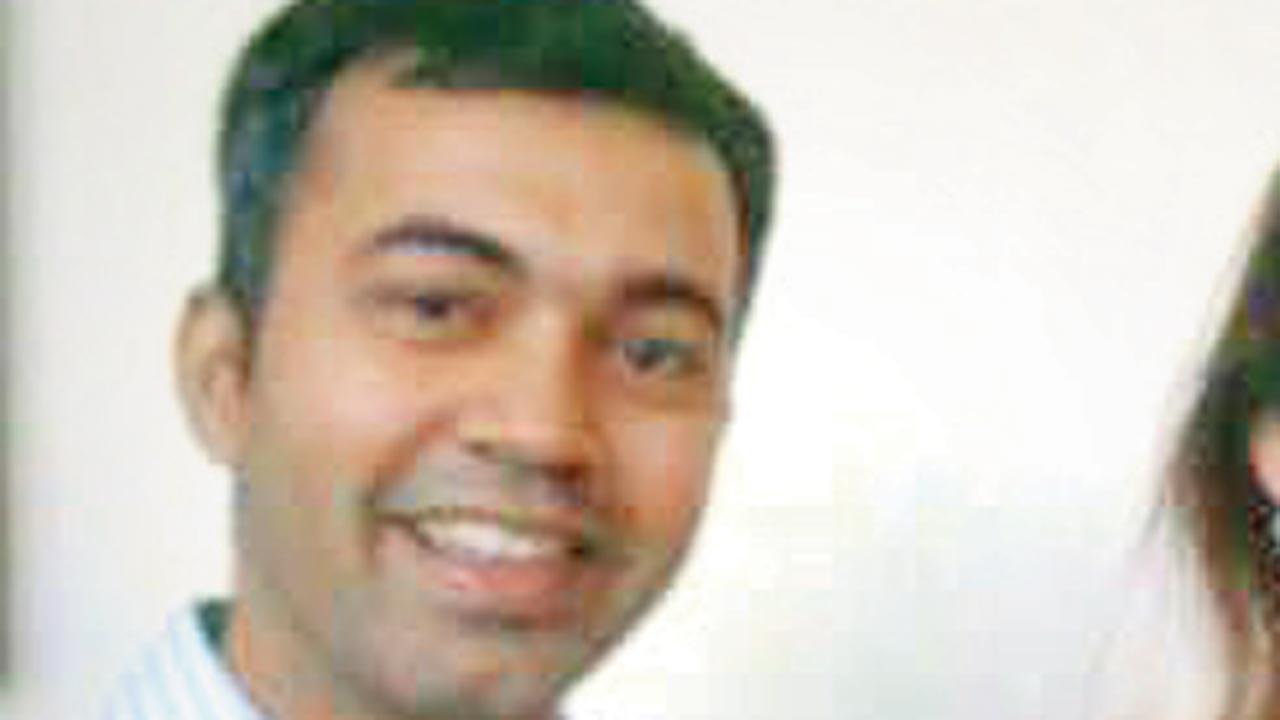
Naresh Nayak, son of owner Shanteri Nayak, Café Mysore
Slow and steady wins the race
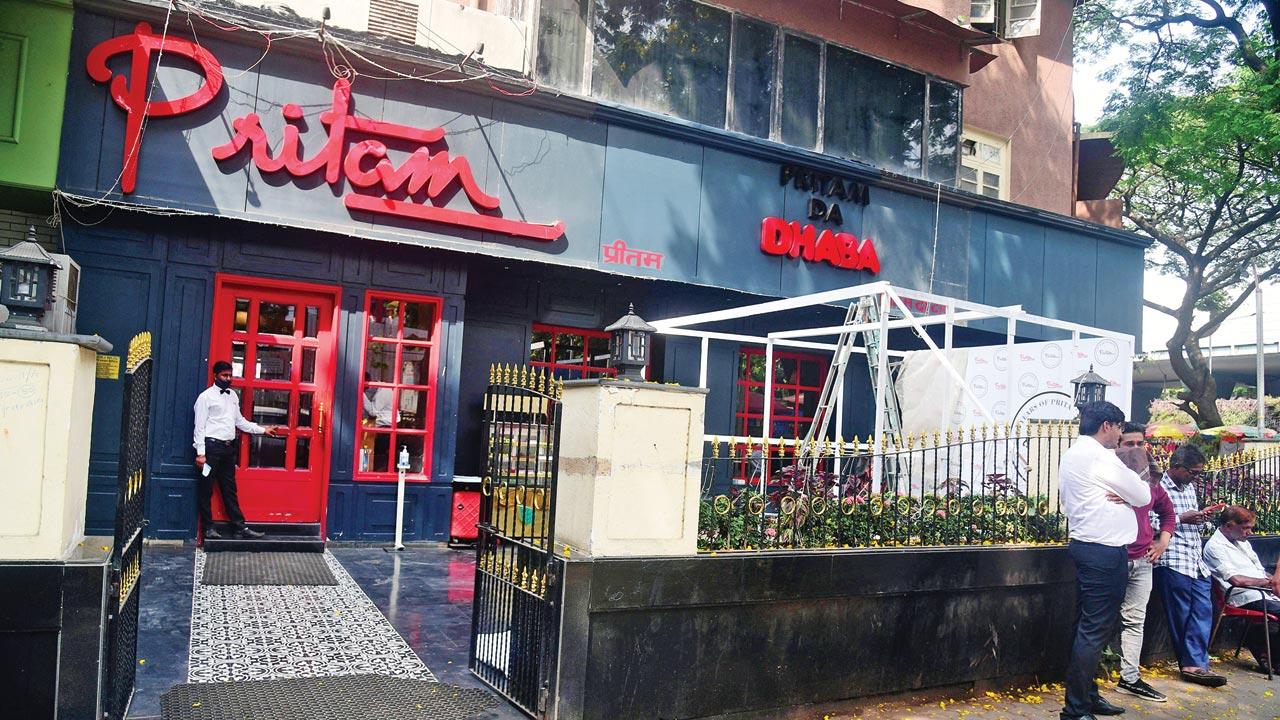
The restaurant came into being in 1942, when my great-grandparents landed in Dadar from Punjab’s Rawalpindi. They were very hungry and chanced upon a nearby restaurant called Pritam Hindu Hotel. My grandmother didn’t like the food and the owner challenged her to make it herself, which she willingly did. Later, the owner of the restaurant and my great grandfather struck a deal to run the restaurant in partnership. This continued for five more years, and since then, we have been on our own.
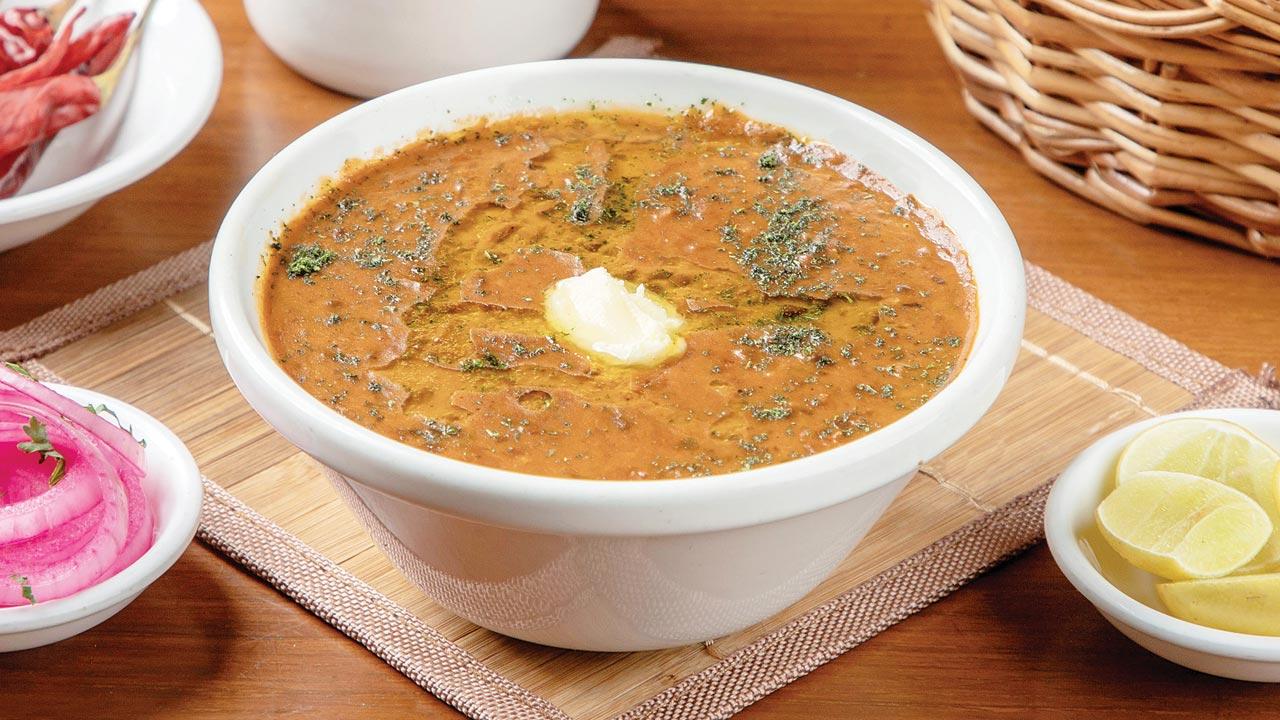 Dal Makhani is the restaurant’s special dish
Dal Makhani is the restaurant’s special dish
As a practice that is firmly embedded in our approach to cooking, we continue the time-honoured tradition of slow cooking with pride. Our signature dish, dal makhani, is a work of love and takes an amazing 14 hours to prepare. This is just one illustration of the commitment. The prolonged cooking period enables the flavours to harmonise and provide a richness that cannot be hastened. By rigorously following this time-honoured procedure, we make sure that every mouthful of our dal makhani is homage to perseverance and authenticity. Over the years, we have learnt to give authenticity top priority. Remain true to your principles and the core of what you have to offer. Authenticity stands out and appeals to customers in a world of constant change. We have been able to maintain our legacy while remaining relevant in changing times because of our respect for tradition and desire to adapt and develop. These family values enable us to preserve our legacy while looking to the future, acting as a timeless compass to lead us through the shifting landscape of the culinary world.
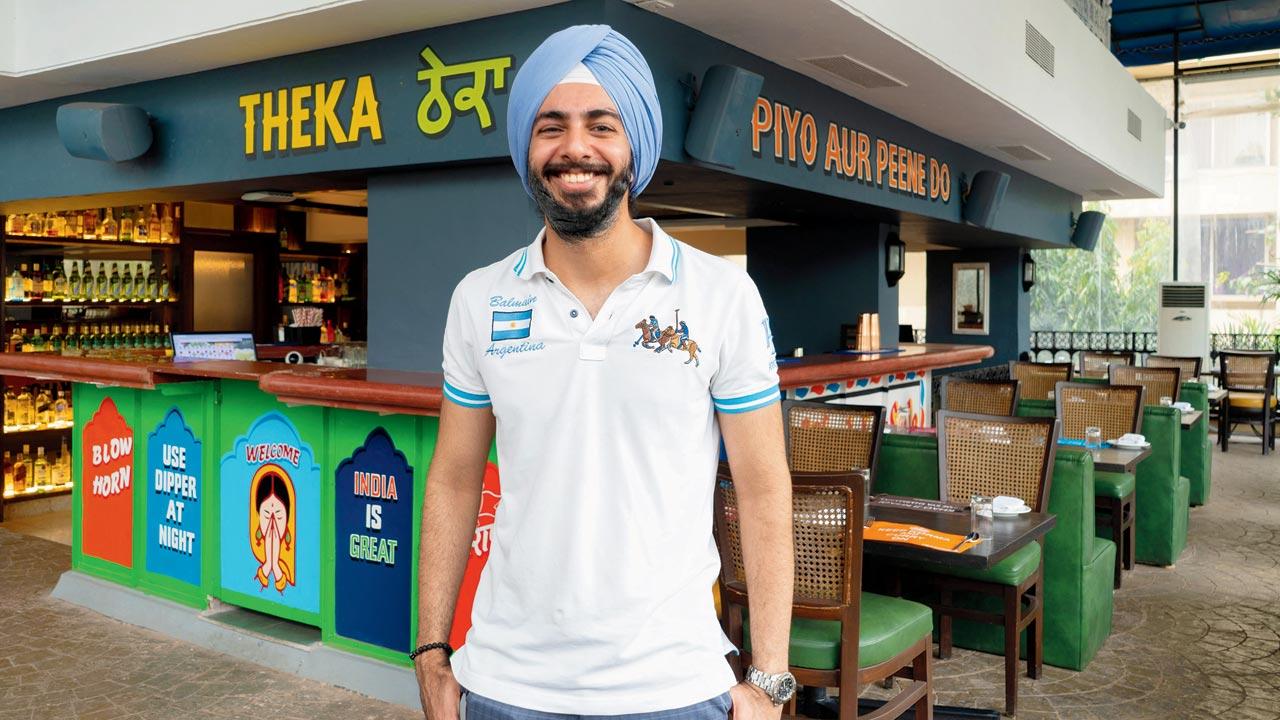
Jaibir Kohli, owner, Pritam Da Dhaba
 Subscribe today by clicking the link and stay updated with the latest news!" Click here!
Subscribe today by clicking the link and stay updated with the latest news!" Click here!







